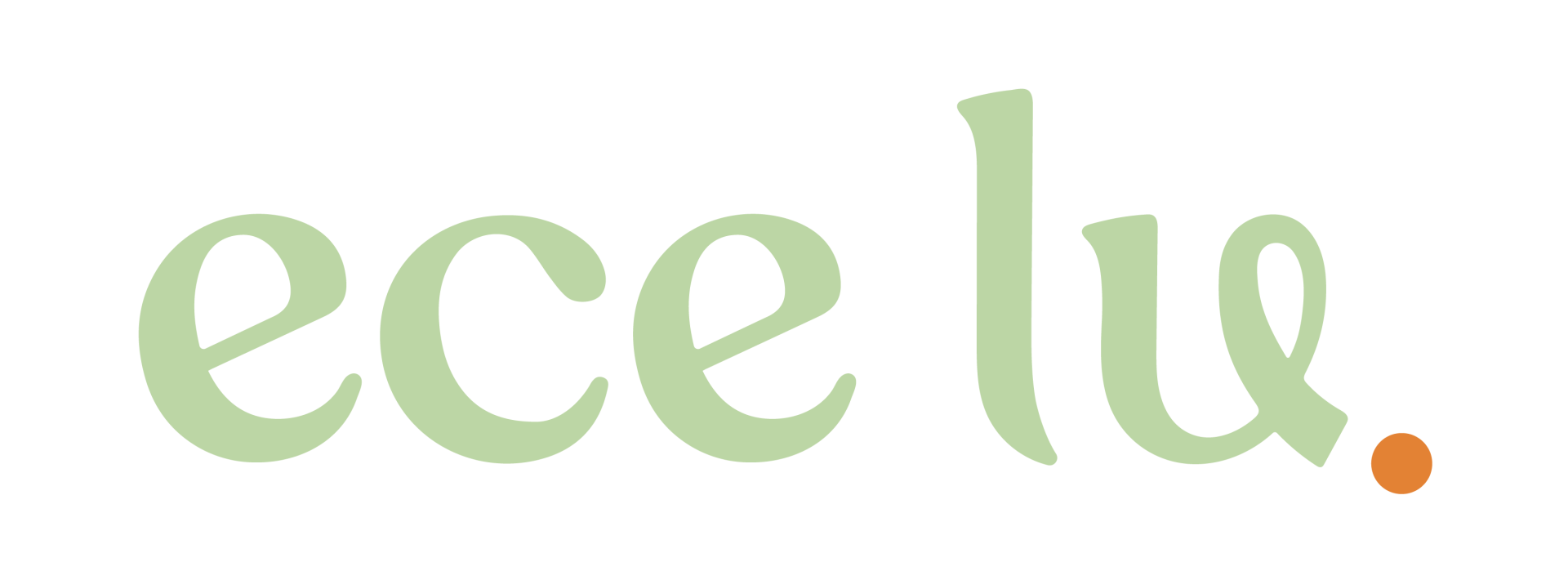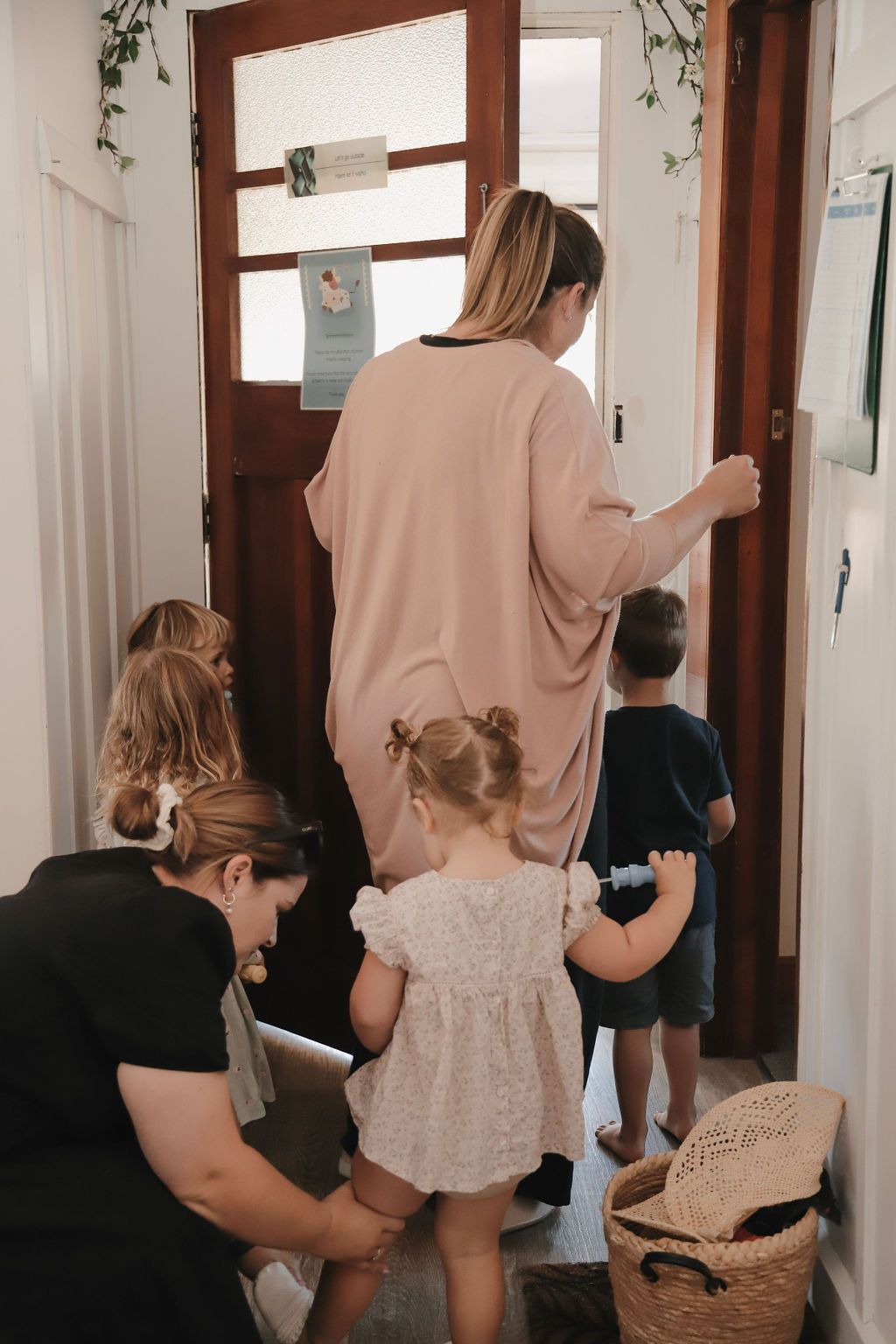
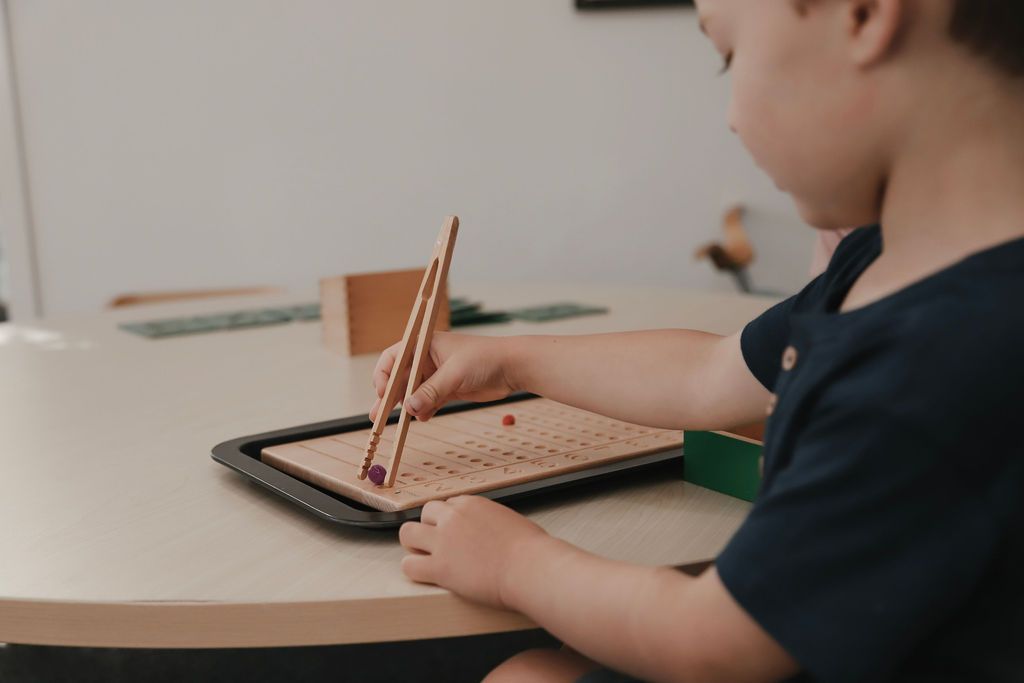
What are all the different types of early childhood services?
There can be a confusing array of early childhood services to choose from. When you are beginning to think about using childcare it is important to shop around and look at a few, as many will have waiting lists. Here are the most common types you will usually find in your community depending on whether you live in a small town or a large city;
Creche
This is usually a not-for-profit childcare service that operates under the management of a community trust or local council. They usually have a governing committee that will include parent representation.
Home based care will usually operate under a private business umbrella organisation. This business is responsible for checking that the educator's home is suitable and up to standard to care for children. The home based organisation may be funded by the government which is then used to subsidise the in home carer making your fees more affordable.
Common terms and acronyms you will come across:
There can be a confusing array of early childhood services to choose from. When you are beginning to think about using childcare it is important to shop around and look at a few, as many will have waiting lists. Here are the most common types you will usually find in your community depending on whether you live in a small town or a large city;
Creche
This is usually a not-for-profit childcare service that operates under the management of a community trust or local council. They usually have a governing committee that will include parent representation.
A creche will usually have short opening hours and can be a more affordable option for families. Because they are not for profit their fees are often very low or sometimes free.
You may have the opportunity to join a committee, contribute to fund raising and develop close knit relationships in your local community. Creches will have some qualified educators in their team and may also invite parent volunteers to help during sessions.
Home-based or Family Daycare
Home-based care is exactly as the name implies. One person will care for a small group of children in their own home. This means your child will be cared for by the same person in a home environment with only a small number of other children. The number of children permitted in a home-based environment will be determined by local authority rules.
Home-based or Family Daycare
Home-based care is exactly as the name implies. One person will care for a small group of children in their own home. This means your child will be cared for by the same person in a home environment with only a small number of other children. The number of children permitted in a home-based environment will be determined by local authority rules.
Home based care will usually operate under a private business umbrella organisation. This business is responsible for checking that the educator's home is suitable and up to standard to care for children. The home based organisation may be funded by the government which is then used to subsidise the in home carer making your fees more affordable.
The educator caring for your child may be a qualified early childhood teacher but will most often have lower level certificate qualifications or none at all. They will be supervised and supported by a qualified educator.
Daycare/Childcare/Kindy
These terms often mean the same thing and will refer to a larger group care, centre-based environment. They are mostly privately owned businesses. Some will be independently owned, while others will be part of a chain or large corporate ownership structure.
Daycare/Childcare/Kindy
These terms often mean the same thing and will refer to a larger group care, centre-based environment. They are mostly privately owned businesses. Some will be independently owned, while others will be part of a chain or large corporate ownership structure.
Childcare centres will often be open longer hours to cater for working families. Most will cater for children aged 0 - 5 years old and will often have separate spaces for each age group. Some might mix all of the age groups together. As a privately owned business you will need to pay fees for your child's care. Many childcare services will require a minimum attendance of at least two days per week. This is often in the best interest of your child as they will need consistency and regular attendance to build relationships and a strong sense of belonging.
Kindergarten
Kindergartens are traditionally operated by a not-for-profit association or community organisation. They usually only cater for children aged 3 - 5 years old, but some may take children at two years old. Traditionally these services have been considered to be more education focussed rather than care services. But this is a misconception as all ECE services provide care and education.
Kindergarten
Kindergartens are traditionally operated by a not-for-profit association or community organisation. They usually only cater for children aged 3 - 5 years old, but some may take children at two years old. Traditionally these services have been considered to be more education focussed rather than care services. But this is a misconception as all ECE services provide care and education.
Kindergartens can vary in operating hours. Some may be sessional - so your child can only attend a morning or afternoon time slot. While some will provide longer hours of operation. Many kindergartens will invite parents to volunteer during sessions and for fund raising events.
Other early childhood names and types of services you may come across
Other early childhood names and types of services you may come across
- Forest Kindergarten: Nature based outdoor early childhood services where your child will predominantly spend their time outdoors.
- Preschool: Some services may use this term if they are mainly catering for three and four year olds.
- Language nests: Early childhood services that use a specific language. These are great if you want to embed your child in a particular language or culture.
Common terms and acronyms you will come across:
- ECE = Early childhood education
- EY = Early years
- Educator/Teacher = people with a qualification to work with young children. This can range from an entry-level certificate to a university degree in teaching.
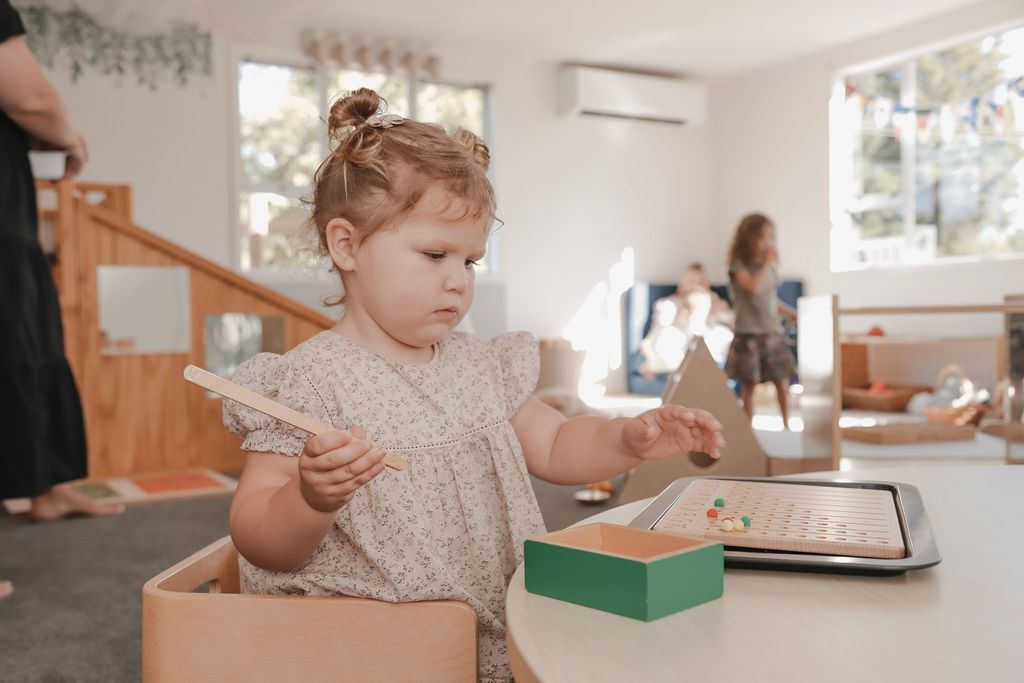
What do I need to look for in an early childhood service?
While there will be similarities in many early childhood services, there will also be some huge differences. However, no matter what philosophy or location matters to your family there are some universally known quality indicators that are important for you to look out for in all types of ECE service. These are;
How to start choosing an early childhood service for your child
Once you have discussed as a family what matters most for your child, it is useful to begin by searching online for early childhood services in your local area, or close to where you will be working. You can then make notes about each service and what they are offering before making an appointment to visit.
While there will be similarities in many early childhood services, there will also be some huge differences. However, no matter what philosophy or location matters to your family there are some universally known quality indicators that are important for you to look out for in all types of ECE service. These are;
- Group size: for infants and toddlers (under two years old) the smaller the group size the better.
- Qualifications of staff: More qualified staff overall is best.
- Staff ratios: How many adults there are for the number of children. The minimum ratios in each country and state will be different. This will also be different for under two's and over two's. A high ratio of adults to children is best for quality interactions and learning for children (ideally 1 adult for every 3-4 babies).
- Friendliness and warmth of staff: When the adults working with your children are happy in their work, get along with their colleagues and are well supported by management they are far more likely to do a good job with your child.
- Hygiene and safety: This goes without saying that the ECE service must be fully compliant with all required health and safety criteria.
- Play opportunities: Ideally children need to have opportunities and freedom to choose to play both inside and outside as much as possible.
- Key teachers or primary care for infants and toddlers: Children aged under two years are particularly vulnerable and their brains are still rapidly developing. The quality of care they receive in the first 1000 days of their life, directly impacts their brain development and wellbeing. Having the opportunity for a consistent, attachment relationship in childcare is critical. If a different person is caring for your child every time they attend childcare, this is going to be detrimental.
How to start choosing an early childhood service for your child
Once you have discussed as a family what matters most for your child, it is useful to begin by searching online for early childhood services in your local area, or close to where you will be working. You can then make notes about each service and what they are offering before making an appointment to visit.
Many early childhood services will prefer that you book a visit rather than just show up unannounced. This is because they are busy taking care of children and there are some moments during the day that are best not disturbed with visitors i.e. meal times and sleep times.
Visit a few services and spend some time being shown around.
Watch.
Listen.
Ask questions.
The flash, state of art, architecturally designed building is not necessarily the best quality. Look for the indictors mentioned previously and watch what is happening with children and staff. Take note of how the educators are interacting with children and whether children look engaged and mostly content. Some children may be new or settling and seem upset, so don't be too quick to judge by this. BUT do judge how the staff respond to these children.
Are they loving and quickly attentive?
Early childhood services should be places where children are able to explore, play, engage with resources and people, and get a little messy sometimes. While it is important that the environment and practices are hygienic, you do not want to see a sterile, immaculate space. Some mess, toys on the floor, children engaged in messy activities, and happy noise indicates that children are able to be themselves here, and are being permitted to do what is natural and healthy in the early years.
Children who are being left to cry unattended for long periods of time, or who are responded to without empathy should raise a red flag!
We have provided a checklist download to help guide you in choosing the best early childhood service for your child.
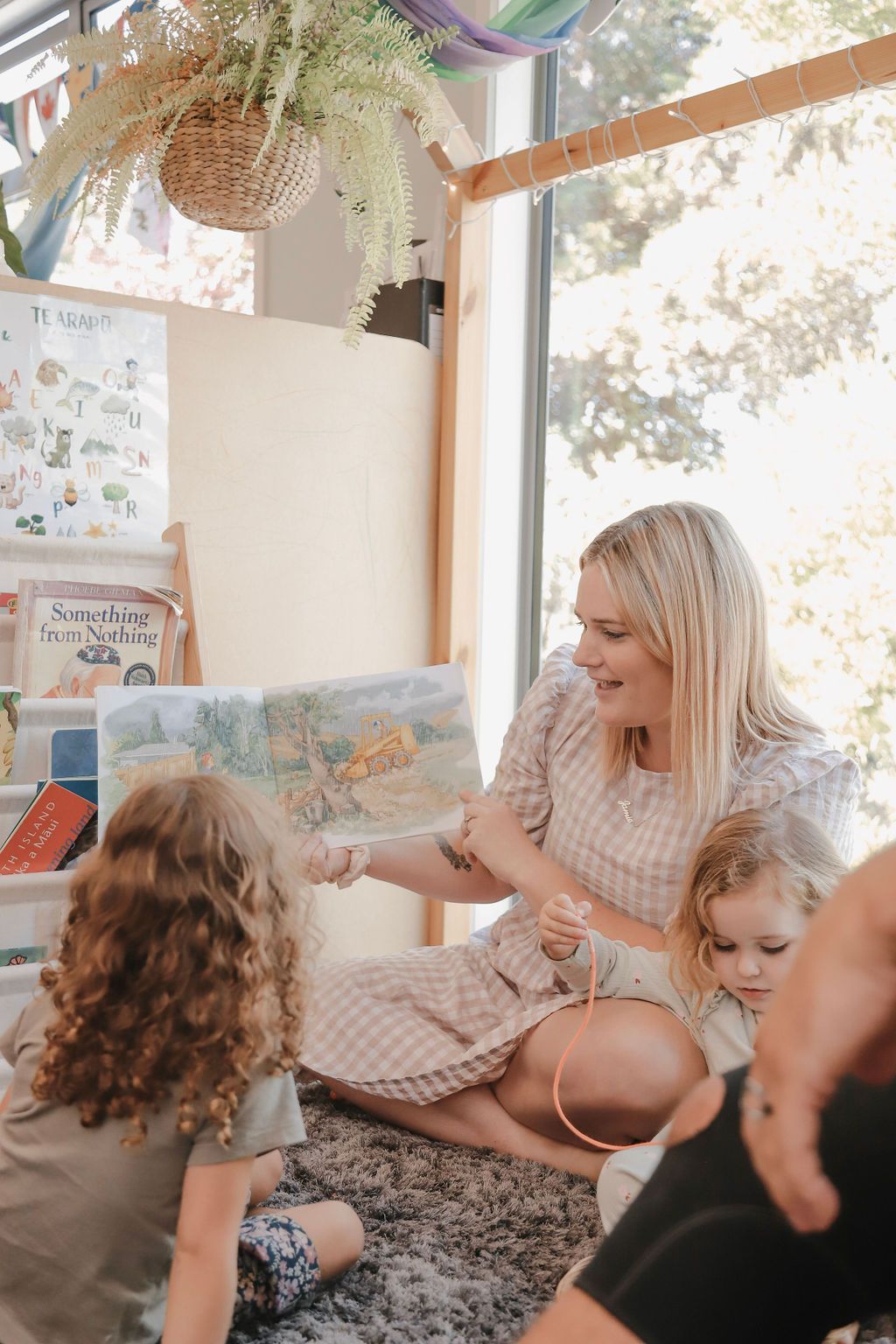
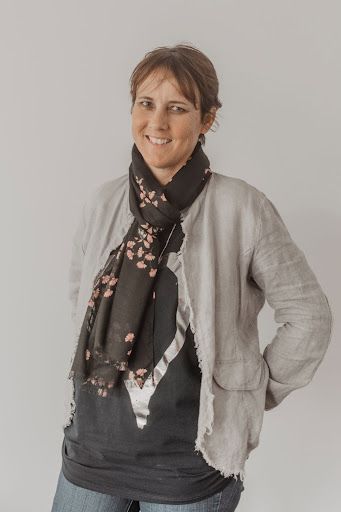
written by
Angela Bush
Founder - ECE Learning Unlimited
Bachelor of Education (ECE), Diploma of Nursing, Diploma of Teaching (ECE)
Angela is a degree qualified and registered ECE teacher, multiple ECE centre owner, curriculum leader and business manager of ECE Learning Unlimited. She is also a registered nurse.
With over thirty years in ECE and centre ownership, Angela has a wealth of experience and knowledge in successful ECE leadership and centre management.
Over the years Angela has also had roles as a lecturer in ECE, nanny, teacher, and mentor.
